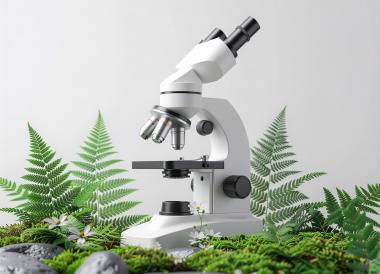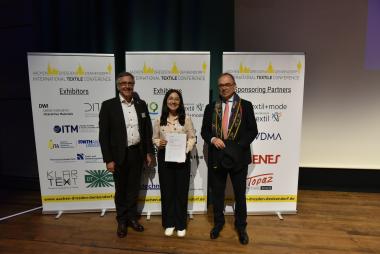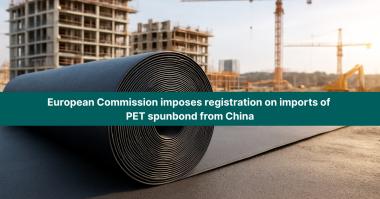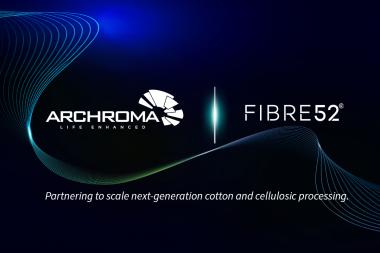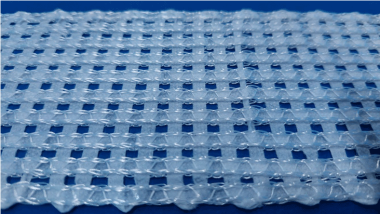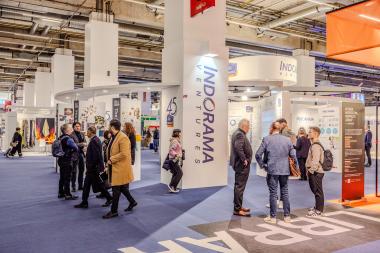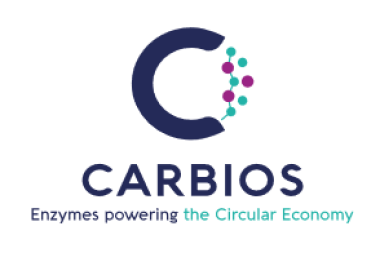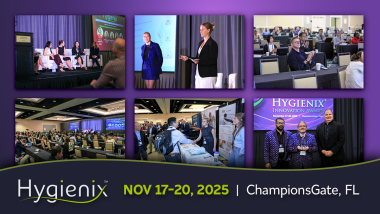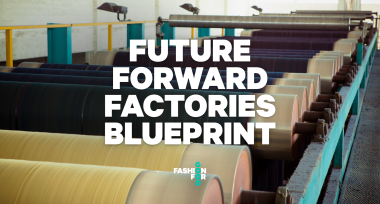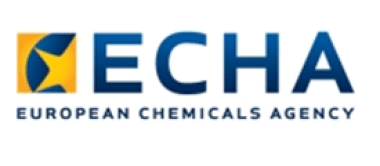RUDOLF PCF Program certified under PACT
RUDOLF, a leading provider of innovative specialty chemical solutions for textile, construction, coatings, and consumer care industries, has received one of the first Product Carbon Footprint (PCF) Program certifications from TÜV SÜD based on the PACT Methodology V3: Methodology for Calculating and Exchanging Cradle-to-Gate Product Carbon Footprints (PCFs). In addition, the RUDOLF PCF Program is aligned with the global chemical sector-specific methodology: Together for Sustainability (TfS) PCF Guideline V3.
The certification applies to all chemical products covered by the RUDOLF PCF Program. This pioneering achievement not only confirms the methodological integrity but also demonstrates how reliable data can guide design-stage decisions, helping us and our partners identify realistic opportunities early in the development process and turning transparency into actionable impact across the value chain. We are committed to expanding the RUDOLF PCF program across our global operations, creating a solid foundation for meaningful change.
RUDOLF shares comparable PCF data as a service to customers, enabling brands to integrate carbon considerations into sourcing and innovation strategies. This approach fosters collaboration across the value chain and supports measurable progress toward climate objectives.
Rudolf Holding SE & Co. KG


